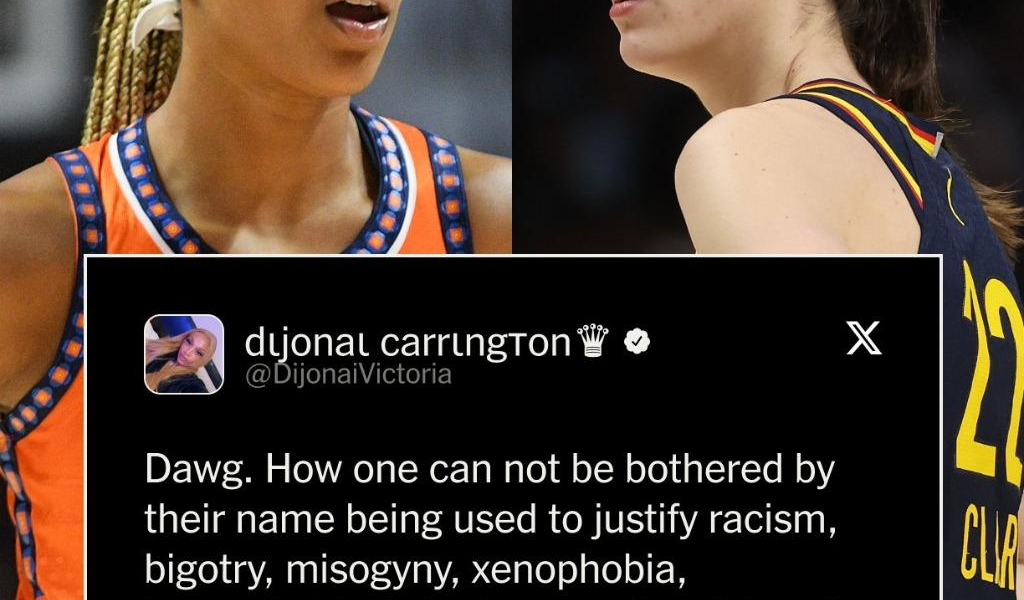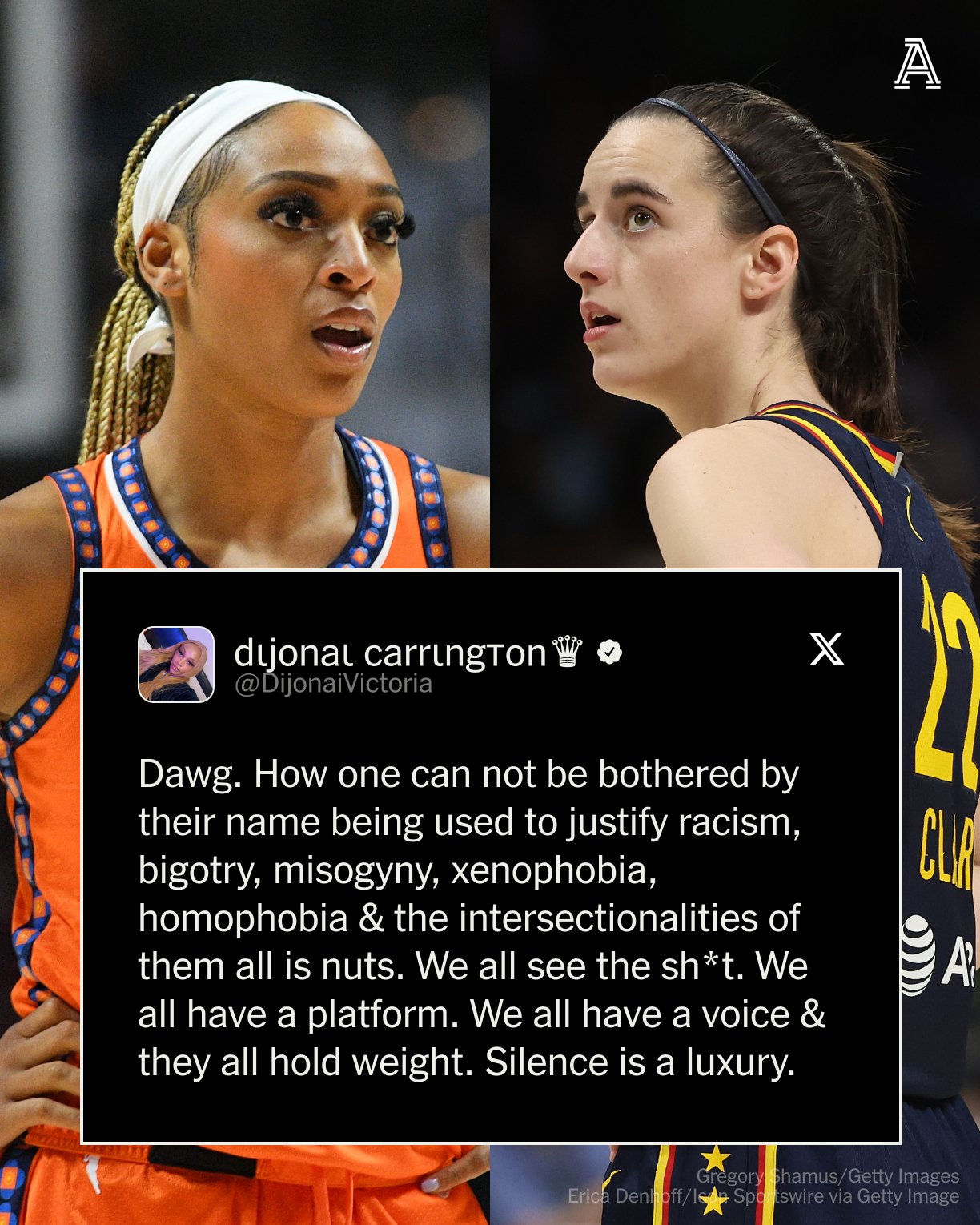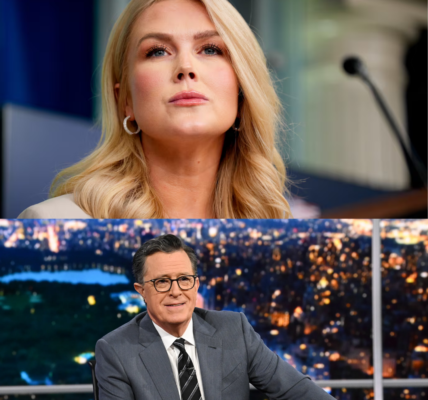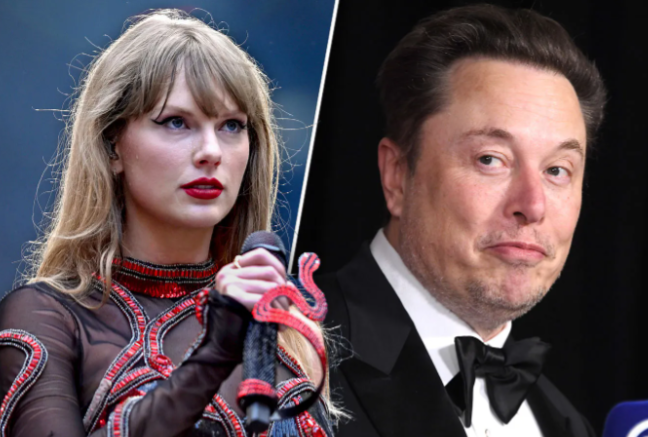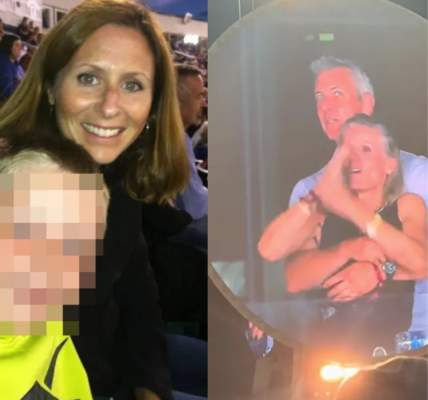BREAKING NEWS: Earlier today, Caitlin Clark was asked a similar question about having her name weaponized.
BREAKING NEWS: Earlier today, Caitlin Clark was asked a similar question about having her name weaponized.
Earlier today, Indiana Fever rookie Caitlin Clark was once again asked about the growing controversy surrounding her name being “weaponized” in debates over r@ce, favoritism, and media bias in the WNBA.
A reporter asked, “Do you feel uncomfortable that your name is being used in hostile or negative ways to criticize others?”
Clark responded briefly but clearly:
“It’s not something I can control.”
She went on to say that her focus remains on playing basketball, helping her team win, and continuing to improve. It was a typically calm and measured response from Clark, who has consistently avoided engaging in off-court controversies.
But her comments sparked backlash, particularly from fellow WNBA player DiJonai Carrington, a guard for the Connecticut Sun. Just hours after Clark’s clip began circulating online, Carrington took to X (formerly Twitter) with a sharp and pointed message:
“Dawg. How one can not be bothered by their name being used to justify racism, bigotry, misogyny, and xenophobia is nuts. We all see the sh*t. We all have a platform. We all have a voice and they all hold weight. Silence is a luxury.”
Carrington didn’t name Clark directly, but the timing and tone left little room for doubt. Her post quickly went viral, drawing thousands of likes, shares, and passionate responses — many defending Clark, while others strongly supported Carrington’s stance.
Supporters of Clark argue that she shouldn’t be held responsible for how others misuse her name in toxic debates. They admire her for staying focused on basketball and not getting distracted by online narratives she can’t control.
But others believe that Clark, as a white player receiving unprecedented attention, endorsement deals, and media praise, has a responsibility to speak out against the harmful rhetoric being spread in her name — especially when it impacts her peers, particularly Black players.
The moment is especially charged given recent events. From physical altercations on the court between Clark and Angel Reese, to Indiana Fever fans being accused of racial profiling (though a WNBA investigation found no evidence of wrongdoing), tensions have been rising steadily.
The league now finds itself in a delicate position. On one hand, Clark is bringing massive visibility to the WNBA, breaking attendance and viewership records. On the other, unresolved cultural and racial tensions within the league are threatening to overshadow that growth.
This latest exchange between Clark and Carrington isn’t just a personal disagreement. It represents deeper cultural rifts over representation, responsibility, and how stars should use — or choose not to use — their platforms.
As Carrington’s post suggests, silence can be a privilege — one that not all players can afford. Black women in sports have long faced double standards, and many see Clark’s silence as an example of how white athletes are often shielded from the same pressures their Black counterparts face.
At the same time, Clark’s supporters argue that demanding public statements from a 22-year-old rookie just months into her pro career is unfair — and that expecting her to be both an athlete and a spokesperson for broader social issues may be asking too much.
